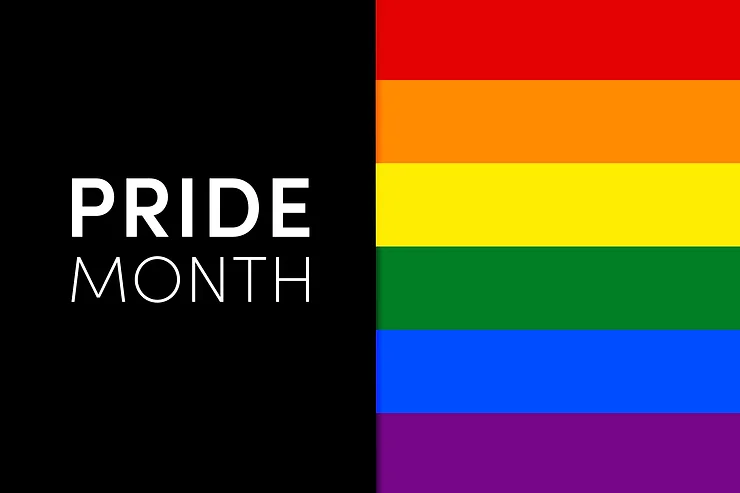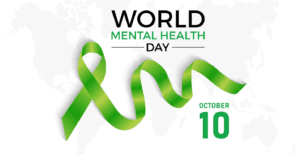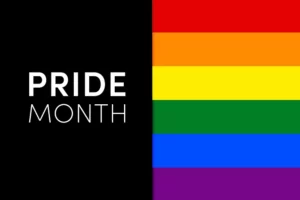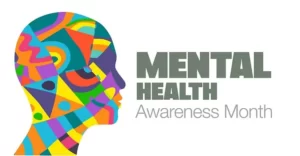In the not-so-distant past, being LGBTQ+ was pathologized by mental health professionals. Thankfully, society has evolved, and we now recognize that sexual orientation and gender identity are natural variations of human experience. However, embracing your authentic self can still be a challenging process. Whether coming out to others or working on self-discovery and acceptance, aligning with one’s authentic LGBTQ+ identity takes work. Mental health counseling and support play crucial roles in this journey, fostering resilience, self-acceptance, and overall well-being.
The Coming Out Process
Coming out is deeply personal and varies for each individual. It involves recognizing and accepting your LGBTQ+ identity for yourself. For some, it will also take the additional step of revealing this identity to others, whether it’s friends, family, or colleagues. Those who come out to others may be selective in whom they choose to tell, and it is completely fine to embrace your LGBTQ+ identity in your own time and on your own terms. Coming out takes time and inner work as well as courage and resilience to deal with internalized homophobia as well as the reactions and responses of others. Mental health counseling is crucial during this period for a variety of reasons:
- Emotional Turmoil: Coming out can evoke intense emotions—fear, anxiety, excitement, and relief. A mental health counselor provides a safe space to explore these feelings, helping you navigate the emotional rollercoaster and process the developments within yourself as you come into your own as an LGBTQ+ person.
- Self-Discovery: Accepting your LGBTQ+ identity often involves self-discovery. Counseling allows you to explore your feelings, experiences, and identity without judgment. It’s an opportunity to understand yourself better. A trained counselor with experience working with LGBTQ+ individuals can provide knowledgeable guidance and support in your exploration.
- Social Support: Connecting with others who share similar experiences is essential. LGBTQ+ support groups and counseling sessions provide a sense of community, reducing feelings of isolation. Even if you are not coming out to your personal and professional circles, having the private support of others who share your identity can keep you from feeling isolated. In addition to being a source of support, your experienced counselor can help you access these other resources and work with you to process your entry into a new environment.
The Role of Mental Health Counseling
Working with a trained mental health therapist during your coming out process offers critical support during a challenging time. For LGBTQ+ people, the coming out process often begins with a sense of feeling “different” which can be isolating. A skilled counselor affirms your identity, validating your feelings and experiences. This validation is crucial for self-acceptance. While mental health professionals may no longer be trained to pathologize LGBTQ+ individuals, society is still working on acceptance. Coping with stigma, discrimination, and rejection can be overwhelming. Counselors equip you with coping strategies to manage stress. In particular, coming out to family members can be complex, and a counselor can help you navigate family dynamics, communication, and potential challenges. Finally, resilience is vital for mental health and therapy teaches coping skills, self-compassion, and healthy ways to handle adversity.
Mental Health Support Beyond Coming Out
As you come into your own as an LGBTQ+ person. Working with a trained mental health counselor brings additional important benefits. Whether you’re single or in a relationship, counseling helps you build healthy connections. It addresses communication, intimacy, and conflict resolution. LGBTQ+ individuals face unique stressors. Mental health support emphasizes self-care practices, including mindfulness, exercise, and adequate rest. Some LGBTQ+ individuals experience trauma related to discrimination or violence. Counseling helps process trauma and promotes healing. Gender identity and sexual orientation are multifaceted. Counseling assists in exploring and embracing your authentic self.
Celebrate Your Authenticity
June is the month in which, around the world, LGBTQ+ people celebrate Pride, and it is a great time to remember that being LGBTQ+ is a beautiful part of your identity. Seek mental health support when needed, celebrate your journey, and surround yourself with affirming people. You deserve a happy and healthy life, free from shame and stigma.
WBMA has counselors trained, experienced and equipped to work with LGBTQ+ individuals in the journey to coming out and becoming proud of their authentic selves. Contact us to learn more about our services.


















